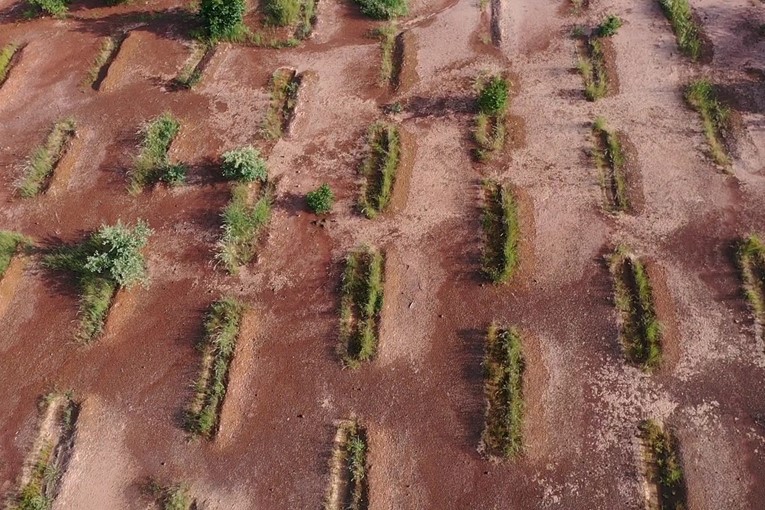
A Green Revolution: Tree Aid’s Reaction to the 2023 IPCC Report
Tom Skirrow shares his reaction to the 2023 IPCC Report. 06th April 2023 Tom Skirrow, CEOIn Africa’s Sahel region, where temperatures are escalating at twice the global rate, urgency and equity go hand in hand when taking action on the climate crisis.
The recent IPCC report has sent a clarion call to the world, highlighting the urgent need to tackle climate change. The report holds profound implications for the people of the Sahel region. This area, once a haven of rich biodiversity, now stands on the precipice of ecological and humanitarian catastrophe.
The picture in sub-Saharan Africa
In the Sahel, climate change is not a distant threat; it is a harsh reality. The IPCC report bears witness to the spiralling effects of rising temperatures, erratic rainfall, and devastating desertification. The people of the Sahel are among the most vulnerable, as they face the loss of their ancestral lands, vital resources, and traditional ways of life. The consequences are dire: hunger, poverty, and conflict have become widespread.
Amidst this perfect storm of climate change, conflict, and food scarcity, Tree Aid's mission is to restore hope by scaling up an affordable, yet potent technology – community-based and incentive-led regreening – to build resilience for the people of the Sahel.
“Almost half of the world's population lives in regions that are highly vulnerable to climate change. In the last decade, deaths from floods, droughts, and storms were 15 times higher in highly vulnerable regions." Aditi Mukherji, one of the 93 authors of the IPCC Synthesis Report.
Image: Natural land regeneration techniques to reverse the effects of desertification, Burkina Faso.
A shared global future for nature and humanity
The IPCC report is a sobering reminder of our shared responsibility to combat climate change, and mitigate its impacts. Emission reduction from all systems is vital, both in the global north and south.
We must not let this be the end of the story. At Tree Aid, we -know the transformative power of reforestation and sustainable land management to restore hope and resilience. By empowering local communities to protect and nurture their environment, we can help them adapt to the challenges of climate change and secure a brighter future.
Trees and agro-ecological approaches not only capture carbon but also provide a sustainable alternative to chemical intensive and unsustainable farming. Climate Finance for Nature-based solutions (NBS) is the best solution for the people we support, addressing the root causes of climate change while empowering communities to build sustainable futures.
Green investment: an opportunity for change
Over the past 35 years, Tree Aid has seen the impact of our work first-hand. One year into our new strategy, we have a bold plan to scale up and scale out this work, but we need companies to join forces with us to make it a reality. Partnerships between NGOs and the private sector can be instrumental in driving sustainable green investment. The urgency of climate change in the Sahel cannot be underestimated. But it is possible to drive real change to achieve a greener future for our planet and all its inhabitants.
The world must not turn a blind eye to the plight of the Sahel, a region where climate change threatens the very fabric of life. Tree Aid's mission is to rise to this challenge, emboldening local communities with the tools and knowledge to turn the tide. Through tree planting, we not only mitigate the disastrous impacts of climate change but also plant the seeds for a brighter, greener, and more just future.
If we come together in this fight against time, we can harness the power of nature to foster a world where people and ecosystems thrive together. As a collective force, we can rewrite the future of the Sahel, transforming it from a region scarred by climate change to a beacon of resilience and sustainability.
